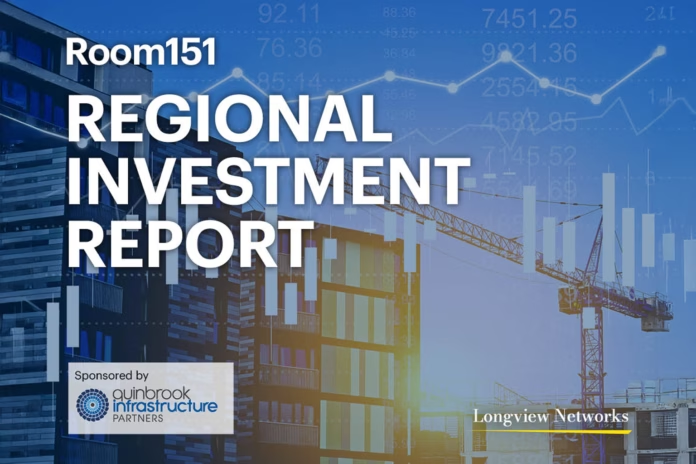by Simon Jones, head of responsible investment, Hymans Robertson
Pension funds are regularly being called to take action to address climate risks. However, it was disappointing that, during a focused discussion at a recent industry dinner, many of those present either didn’t feel able to act or, for a variety of reasons, still felt there was little merit in making significant changes. I perhaps shouldn’t be surprised as it’s clear that many asset owners retain inter-related barriers to change, not least that, for many, environmental issues remain “someone else’s problem”.

The message however continues to ring loud and clear: climate change is everyone’s problem. Perhaps the concern of many asset owners is not that the challenges are ill-defined, more that they don’t yet see the benefits that their actions, no matter how small, could bring?
I’ve written before on the push for behavioural change. It’s clear that the objective of greater regulation and guidance is to make asset owners do things differently, but perhaps we need to be clearer on the goals of this changed behaviour and better define the outcomes that are desired.
Room151’s LGPS Asset Allocation Forum
November 7th, 2019, London Stock Exchange
In our discussions with clients on responsible investment, we’ve increasingly used the word “intent” when contemplating policy goals; “impact” still carries some preconceptions and we know, from experience, that the choice of language is important. Intent suggests the possibility of tangible action and the prospect of a measurable outcome; change in the real world rather than changes in numbers on a page. If asset owners approach policy development focusing on what they want to achieve, then perhaps there is some level of likelihood they will achieve it.
Some of our recent work has focused on developing “climate scenarios”, exploring the longer-term financial and economic consequences that climate change may bring for pension funds. Scenarios are a useful way of illustrating climate risks using language and tools that decision makers are already familiar with, but within a broader discussion on funding and investment strategy. But as with any modelling, there is always the question of “so what?”
We’ve been clear about our ambitions from building climate scenarios – we want our clients to have conversations about climate risks given it’s an issue that will affect them all. If clients are talking about a subject, and considering it as an element of their mainstream thinking, then it becomes more likely that they will act. And that’s what we really seeking to achieve, not just one or two clients to be thinking about change, but for all of our clients to be exploring what they can do that affects the real world.
Reallocating capital is one way of creating change, but evolving strategy potentially involves the selection of new managers, new mandates and takes time. Stewardship can start immediately and can be effective when done in the right way. But there are still too many who choose to hide behind the idea that stewardship is only the responsibility of their investment managers and that action to address environmental concerns is the responsibility of others. It isn’t.
Unless managers are challenged, and called out for their actions or inactions, nothing will change. Managers need to be held to account and asked to explain. Stewardship needs to become more forceful because, until the behaviours of all parties in the investment chain change, we will be left with the status quo.
We are seeing positive steps being taken across several LGPS Funds and Pools, which we hope continues. For all investors, we say, focus on what you can influence, define what you want to see and monitor the outcomes. Then we may see real world change.












